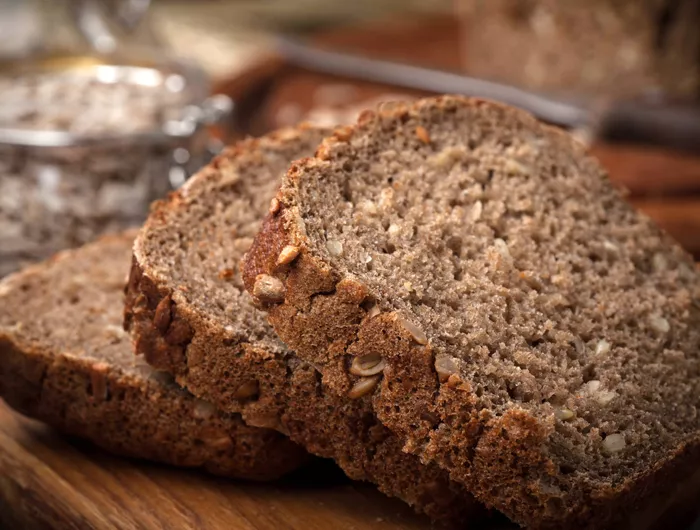Quick Studies: A snapshot of the latest research on diet, exercise, and more

Rido - stock.adobe.com.
Diabetes? No Longer.

Can people with type 2 diabetes go off—and stay off—their meds?
In the Diabetes Remission Clinical Trial (DiRECT), British researchers randomly assigned doctors who were treating roughly 300 overweight or obese people with diabetes to either follow usual treatment guidelines (control group) or to take patients off diabetes drugs and put them on a three-stage weight-loss program (intervention group) that included:
■ a formula diet (shakes and soups) with 825 calories a day (for 12 to 20 weeks),
■ a gradual return to foods (for 6 to 8 weeks), and
■ monthly counseling to keep the weight off, and a “rescue plan” option—going back to a formula diet if they regained more than a few pounds.
The patients, aged 20 to 65, had been diagnosed with diabetes within the previous six years, and none were taking insulin when the study began.
After two years, 36 percent of people in the intervention group—but only 3 percent of those in the control group—had blood sugar levels below the diabetes range (hemoglobin A1c below 6.5%) without taking diabetes drugs.
Weight loss was key: 64 percent of all participants who lost at least 22 pounds—but 29 percent of those who lost 11 to 21 pounds and only 5 percent of those who lost less than 11 pounds—were in remission after two years.
The results “pull down the curtain on the era of type 2 diabetes as an inevitably progressive disease,” said co-author Roy Taylor of Newcastle University.
(The study was funded by a charity called Diabetes UK, but several authors had ties to the company that sells the shakes and soups used in the trial.)
What to do: Got type 2 diabetes and extra weight? Try to lose it—with any diet—and then talk to your doctor about changing your meds.
Lancet Diabetes Endocrinol. 2019. doi:10.1016/S2213-8587(19)30068-3.
Whole Grains & Insulin

Can a switch from refined to whole grains lower your risk of type 2 diabetes by making your body less resistant to the insulin that it produces?
Researchers randomly assigned 14 middle-aged adults with obesity (but not diabetes) to identical diets made with either whole or refined grains (largely wheat, oats, and rice) for two months each.
Insulin resistance in muscles decreased more when the participants were on the whole-grain diet. Glucose tolerance after a meal also improved more on the whole grains—a sign that insulin was better able to shuttle blood sugar from the bloodstream into cells.
(The study was funded by Nestlé and the National Institutes of Health.)
What to do: This small study needs to be confirmed, but it’s one more reason to switch from refined breads, cereals, pasta, and other grains to their whole-grain, nutrient-rich cousins.
Metabolism 2018. doi:10.1016/j.metabol.2017.12.011.
A Walk in the Park?

Exercise that’s vigorous (like running) or moderate (like brisk walking) can protect your heart. But what about lighter exercise?
Researchers used accelerometers to measure physical activity in nearly 5,900 women aged 63 to 99 for a week.
After 3½ years, each daily hour of light activity (on the accelerometer) was linked to a 20 percent lower risk of a heart attack and a 10 percent lower risk of any cardiovascular event (like stroke, heart failure, or angioplasty). Though this kind of study can’t prove cause and effect, scientists did take factors like age, smoking, and illness into account.
What to do: Aim for exercise that boosts your heart rate, but any movement is better than none.
JAMA Netw. Open 2019. doi:10.1001/jamanetworkopen.2019.0419.
Photos (top to bottom): stock.adobe.com: Rido, Arkadiusz Fajer, Africa Studio.

